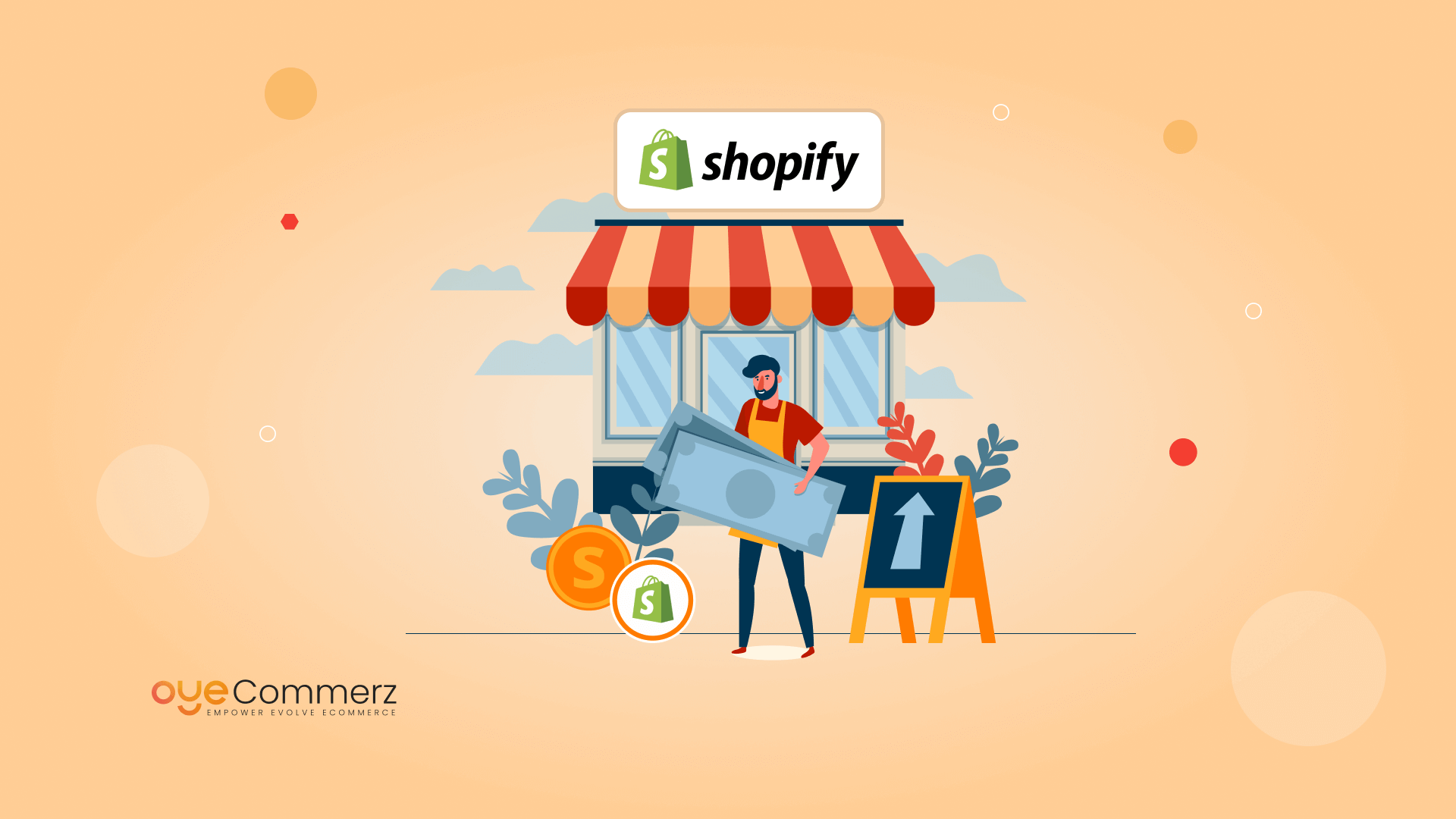Introduction
In today’s cutthroat e-commerce landscape, differentiating is essential, and one of the best ways to set apart a Shopify store is through custom app creation. A well-built Shopify app can boost store functionality, simplify processes, and elevate customer interaction. This article explores key elements of Shopify app development, from API integration to growth techniques and digital marketing approaches, providing a roadmap for businesses looking for unmatched store efficiency.
Why Shopify API Integration Matters
Shopify’s API offers robust tools to personalize and expand store capabilities. With the GraphQL and REST API options, developers can access data to build applications that handle inventory control, order processing, and customer information management smoothly. Integrating Shopify’s API can enable improved workflow automation and allows stores to assist shoppers more effectively.
Adopting the Polaris Design System
Shopify’s Polaris is Shopify's design system for designing user-friendly and accessible Shopify apps. By following Polaris guidelines, developers ensure that apps seamlessly integrate within the Shopify Admin interface. This provides a cohesive appearance that appeals to Shopify merchants, promoting ease of use and comfort for merchants utilizing your custom app.
Navigating the Shopify App Ecosystem
The Shopify app ecosystem offers endless possibilities for enhancing e-commerce sites. From handling order fulfillment to boosting customer engagement, apps in this environment are designed to meet diverse business needs. Familiarizing with this ecosystem assists developers in finding unique app ideas and allows for smooth connections of external tools that add value to the store.
Building Embedded Shopify Apps
Embedded apps work seamlessly within the Shopify Admin, providing a smooth interface for merchants. They ensure that merchants do not need to navigate away from their Shopify dashboard, streamlining their workflow. Employing Shopify App Bridge and embedded app capabilities is recommended for providing a unified, well-integrated user experience.
Leveraging Node.js and React for Shopify Development
The technologies Node.js and React have become top options for Shopify app creation. Node.js enables high-performance back-end services, while React enables interactive and adaptive front-end user interfaces. Together, they offer an excellent framework for building fast, scalable Shopify apps that improve store functionality and customer engagement.
Webhooks in Shopify Apps
Webhooks allow real-time data synchronization between Shopify and an external app. They trigger events such as order creation or inventory updates and provide immediate alerts to your app. By utilizing webhooks, apps can deliver real-time insights for store owners, simplifying processes and boosting productivity.
Engaging Customers Through Digital Marketing for Shopify Apps
To ensure Shopify app success, connecting with users is crucial. Using online marketing techniques like SEO, email marketing, and Enhance customer engagement on Shopify social outreach can increase app usage. Additionally, creating applications with customer interaction as a focus (e.g., loyalty programs or personalized Build engaging Shopify experiences suggestions) boosts user loyalty and satisfaction.
Making Your Shopify App Scalable
As e-commerce stores expand, so do their technological needs. Ensuring that your app can scale to handle increased traffic, larger databases, and more advanced functionalities is critical. By improving server capacity and implementing scalable technologies, you can develop apps that grow in tandem with a store’s growth.
Essential Features and Maintenance for Shopify Apps
For an app to be effective, it should include key capabilities like user login, analytics dashboard, and support channels. Regular app maintenance, with updates to fix bugs and ensuring compatibility with new Shopify functionalities, is vital to ensure continuous operation and prevent disruptions to business processes.
Summary
Custom Shopify app development holds vast potential for e-commerce stores, offering the chance to improve performance, streamline processes, and build customer relationships. With API integrations and Node.js to focusing on scalability and customer interaction, building a Shopify app requires careful planning and strategic execution. If you’re prepared to unlock your store’s full potential, a tailored Shopify application may be the perfect solution. What capabilities do you envision for your ideal app? Share your ideas and take the first step toward an enhanced e-commerce journey!
